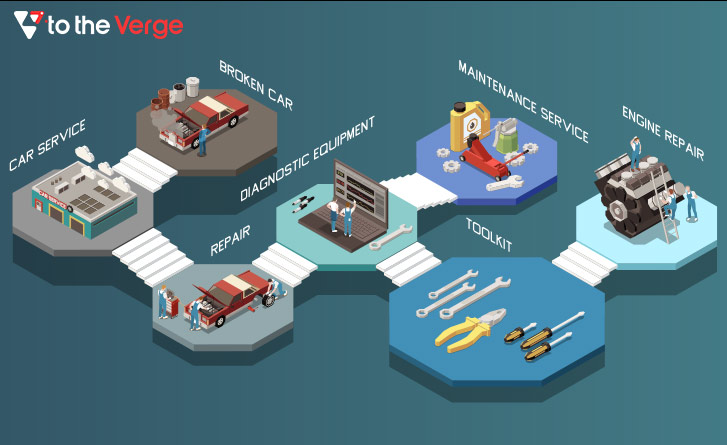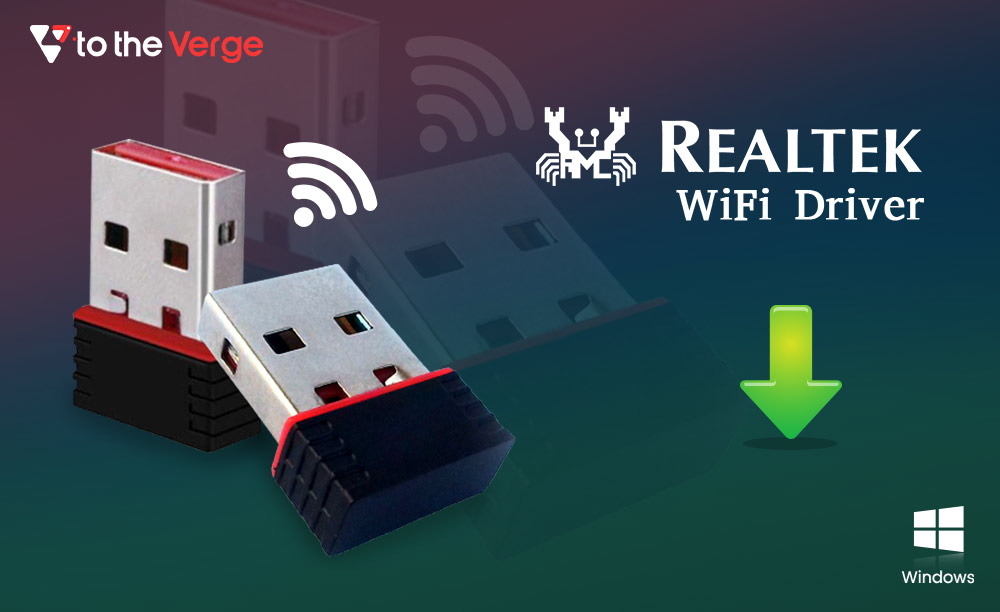Blockchain technology, to a great extent, is the up and running technology of the present time. Yet, there is more to what it can offer for optimizing several aspects of production and distribution in an economy.
Businesses and companies across various industries are extensively exploring the implications of blockchain and how they can drive greater benefits from it.
Under a similar pretext falls the automotive industry that could use blockchain technology to transform the various processes that are otherwise time-consuming and affect its efficiency.
Blockchain Traceability for the automotive industry could prove to be extremely constructive, given the various advantages of blockchain.
In this article, we explore how blockchain could help transform the automotive industry with traceability.
First, let us understand that blockchain technology is one of the leading metaverse technologies. It is a system to record transactions and other information in the form of blocks that are interconnected using an encryption technique called cryptography.
In addition, a blockchain is also defined as a decentralized and distributed ledger, which implies that all the information or transactions shared on the blockchain network are accessible to all the participatory nodes.
Several industries are extensively pondering how it could help rationalize their business processes, improve the prospects of cost reduction, compliance simplification and more.
The transparent and continuous process of adding verified information to the chain of records and data enhances blockchain traceability.
Every block of information added to the blockchain network is verified and authorized by all the nodes that are part of that network. Moreover, each block contains a cryptographic hash of the previous block on the chain, a time stamp, and relevant exchange information.
The way it is structured eliminates the probability of duplication, making every piece of information unique and irreversible.

What Does Blockchain Traceability Mean?
As explained, blockchain is decentralized and distributive, implying the information of each block is shared with all the participating nodes of the blockchain network, and the data is easily traceable whenever needed. These intrinsic features of being traced and tracked openly can be referred to as the traceability of blockchain data.
Blockchain traceability proves to be extremely useful in knowing about the provenance of goods or services, which can significantly assist in exposing the weaknesses in the supply chain. Accordingly, businesses could implement further action plans to ensure that the supply chain, especially essential commodities, does not face discrepancies.
Better traceability powered by blockchain in the automotive space would add efficiency and increase the utility of other business processes.
Blockchain traceability’s implication in the automotive industry is further explored in the coming section.
Could Blockchain Traceability Transform The Automotive Space?
Now that we’ve brushed on the basic understanding of blockchain, how the technology works and the meaning of blockchain traceability, it will be easy to perceive how blockchain could impact the automotive industry.
The intricacy and importance of the automotive industry in the economic growth of any nation make it imperative that best technological practices are implied to improve its efficiency.
Read More:- How Will Metaverse Transform The Future Of Businesses
Blockchain can transform the automotive space by optimizing several aspects of the industry, ranging from addressing supply-chain challenges to simplifying regulatory compliance.
Let us explore these two prospects in detail.
1. Addressing The Supply Chain Challenges.
The automotive industry is one where completing a single unit of a car or a two-wheeler requires thousands of different parts.
These include components of different sizes, such as nuts and bolts, speedometers, windshields, headlights, holders of various kinds, and screws. The list could go on, varying with different models.
Therefore, discrepancies in the supply chain of the automotive space could crucially affect the manufacturing of several units.
Blockchain traceability would help in an end-to-end audit trail of transactions and operations, thereby establishing greater transparency across the supply chain.
It would also improve the supply system’s responsiveness by implementing smart-contract solutions under blockchain for the automotive industry.
In addition, with blockchain technology, the automotive space could integrate new technologies like IoT and AI that would, in turn, lead to quicker processes with digitized automation.
2. Simplifying Regulatory Compliance.
Besides providing helpful solutions for the challenges in the supply chain, blockchain for the automotive industry could help simplify regulatory compliance.
Leading blockchain practitioner Vincent Fournier proposes that blockchain-based solutions for the automotive space could help unite all the suppliers of different components on a single platform.
The platform could be designed such that it certifies the compliance of all vehicular elements — from design to production. An industry-wide blockchain solution for the automotive industry could transform production quality if tailored to regulatory requirements.
Moreover, the egalitarian compliance to transform the automotive space would also help large manufacturers, smaller businesses and suppliers to curtail their costs and receive equal benefits from the industry.
Better blockchain traceability would increase the overall visibility of the manufacturers and suppliers. In addition, it would further help operationalize data that companies could use to refine their sales and purchasing strategies.
3. Other Areas Of Application
Addressing supply chain challenges and simplifying regulatory compliance are the two primary aspects where automotive manufacturers could leverage blockchain technology.
However, besides these, there are other areas of application of blockchain in the automotive industry. These include toolkit management, maintenance services, engine repairing, car services, and tracking diagnostic equipment and process.
Servicing in the automotive industry using blockchain technology could improve the quality of services provided by the company or other servicing outlets.
For example, suppose a vehicle’s service history is stored on the blockchain for automotive space and accessible with a simple QR code scan. In that case, the service providers could use the information to repair the vehicle accordingly.
The service providers could also utilize the information for their toolkit management depending on the kind of vehicles they mostly repair, optimizing their processes and reducing costs and wastage of other resources.
Another good use case of blockchain in the automotive space would be insurance. For example, the industry could use blockchain to verify and secure vehicle mileages. In the case of lower mileage records, consumers could avail of lower insurance.

FAQs – Blockchain Traceability Transform
Here are some FAQs to help strengthen your understanding of blockchain traceability in the automotive space.
Q.1 Why Is Traceability Important For Automotive Industry?
Traceability in both the product lifecycle and supply chain would allow auto manufacturers to mitigate the impact of product returns and recall. Additionally, traceability in the automotive industry would spare the time to review existing materials, products and processes to reduce the chances of complaints and grievances.
Q.2 How Does Blockchain Improve Traceability?
Blockchain enhances the ability to quickly pinpoint potential sources of fault to prevent, contain or rectify counterfeit efficiently. In addition, transparency in blockchain automotive traceability can validate and authenticate the component origin and improve brand credibility.
The Bottom Line: Blockchain In Automotive Space
In the automotive industry, which requires a collaborative functioning of several suppliers and manufacturers delivering a thousand different parts, blockchain technology could simply several processes and help address various challenges. Therefore, greater adoption of blockchain in the automotive industry would improve the quality it delivers. In addition, it would also make the industry more sustainable.
- Automotive Industry
- Blockchain
- Blockchain in Automotive Space
- blockchain technology
- Blockchain Traceability
- Blockchain-based Solution
Nitisha Lal is a writer enthusiastic and curious to learn new things. Currently, she writes about the latest developments in technology, particularly around Web3 and the Metaverse. She enjoys nature walks, capturing the world around her on the phone, or reading books when away from work.







![How to Update and Reinstall Keyboard Drivers on Windows 10/11 [A Guide]](https://wpcontent.totheverge.com/totheverge/wp-content/uploads/2023/06/05062841/How-to-Update-and-Re-install-Keyyboard-Drivers-on-Windows-10.jpg)
